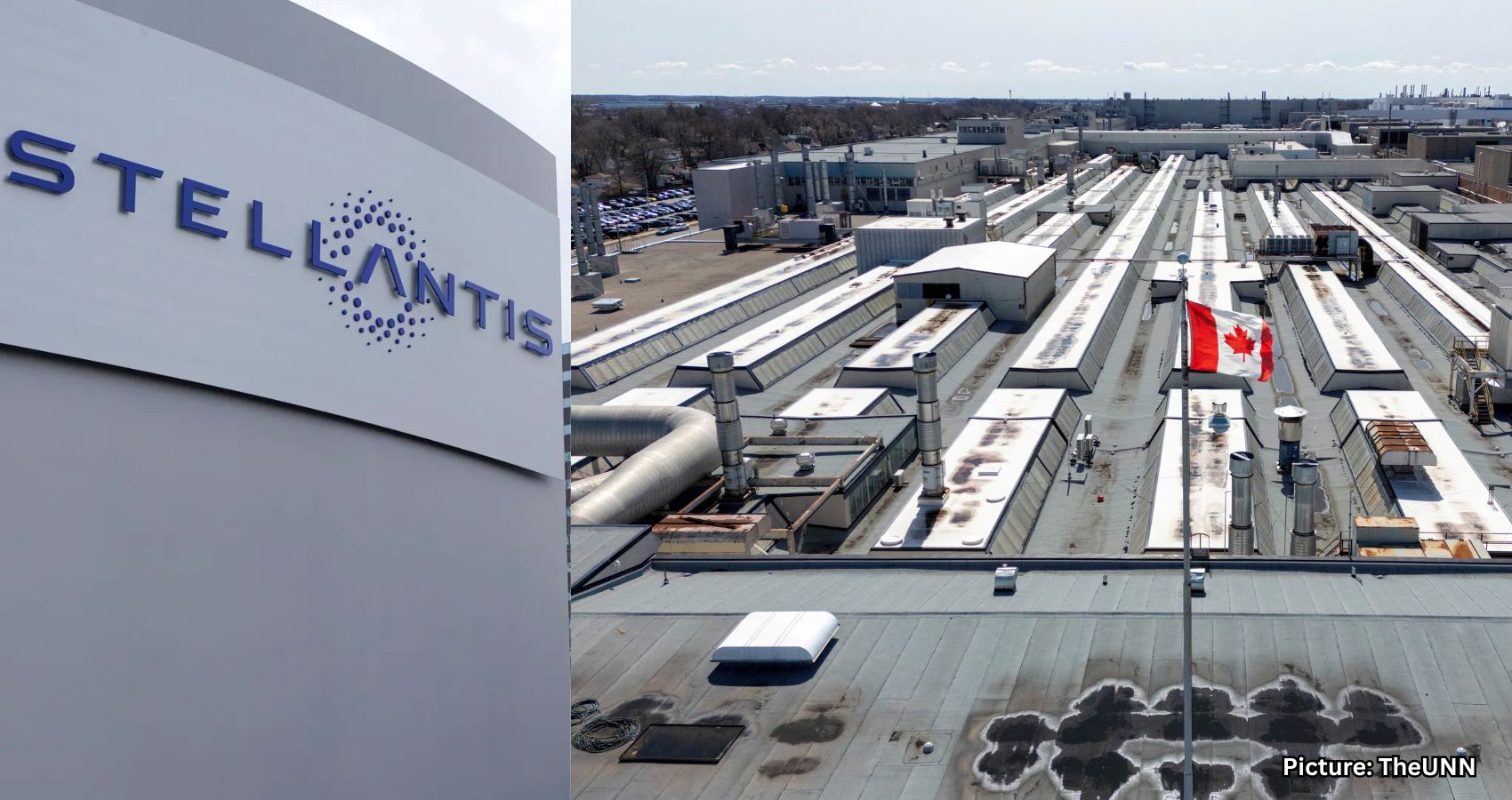Canada has threatened legal action against Stellantis NV over plans to shift production of a model to a U.S. plant, citing unmet commitments tied to financial support.
Canada is taking a firm stance against automaker Stellantis NV, threatening legal action over what it deems an unacceptable plan to relocate production of one of its models to a facility in the United States. This move has raised concerns about the commitments made by Stellantis in exchange for substantial financial support from the Canadian government.
Stellantis, formed in 2021 through the merger of Fiat Chrysler Automobiles and PSA Group, is recognized as the world’s fourth-largest automaker by volume. The company boasts a diverse portfolio of well-known brands, including Jeep, Ram, Dodge, Peugeot, and Citroën. Stellantis operates extensively across North America, Europe, and other significant markets, offering a wide range of vehicles from passenger cars to trucks and commercial vehicles.
On Wednesday, Canadian Minister of Industry Melanie Joly addressed Stellantis CEO Antonio Filosa in a letter, emphasizing the company’s prior agreement to maintain its Canadian operations. Joly stated, “Anything short of fulfilling that commitment will be considered a default under our agreement.” She further warned that if Stellantis fails to uphold its commitments, Canada would “exercise all options, including legal.”
As of 2025, Stellantis is heavily investing in electrification and innovation, committing billions to develop electric vehicles and battery technologies. The company aims to lead in sustainable mobility by launching new electric platforms and expanding its lineup of hybrid and fully electric models. Stellantis is also adapting to global market challenges, such as supply chain disruptions and shifting consumer preferences.
Recently, Stellantis announced a $13 billion investment in the U.S., which the company claims will introduce five new models to the market. As part of this initiative, production of the Jeep Compass is set to move from a facility in Brampton, Ontario, to a plant in Illinois.
This controversy underscores the challenges Canada faces in securing long-term commitments from global automotive firms in a competitive and evolving industry. As nations vie for electric vehicle investments, Canada is asserting that public funding should translate into stable, local jobs. The resolution of this dispute could influence future investment policies and serve as a critical test case for balancing industrial support with accountability from private-sector partners.
Ontario Premier Doug Ford expressed his disappointment regarding Stellantis’s decision, stating in a social media post that he has communicated directly with the company about the matter.
For Stellantis, this situation presents both opportunities and risks. The company is strategically positioning itself to expand its U.S. operations and cater to the increasing demand for electric and hybrid vehicles. However, it also risks straining its long-standing relationships with Canadian authorities and labor forces, which could complicate future investments and operations in Canada.
Stellantis spokesperson LouAnn Gosselin reassured that the company remains committed to investing in Canada, highlighting plans to add a third shift at a plant in Windsor, Ontario. “Canada is very important to us. We have plans for Brampton and will share them upon further discussions with the Canadian government,” she stated in an email.
This situation also reflects the growing geopolitical and economic pressures on automakers to localize production amid rising protectionism and trade tensions. As countries like the U.S. and Canada compete for electric vehicle manufacturing and related supply chains, companies such as Stellantis must navigate not only market dynamics but also evolving government expectations tied to subsidies and job creation.
For Stellantis, effectively balancing cost-efficiency with political goodwill will be critical in maintaining access to incentives and avoiding reputational damage. For Canada, this dispute highlights the urgent need to establish more binding industrial agreements that ensure long-term economic returns on public investments.
Source: Original article

